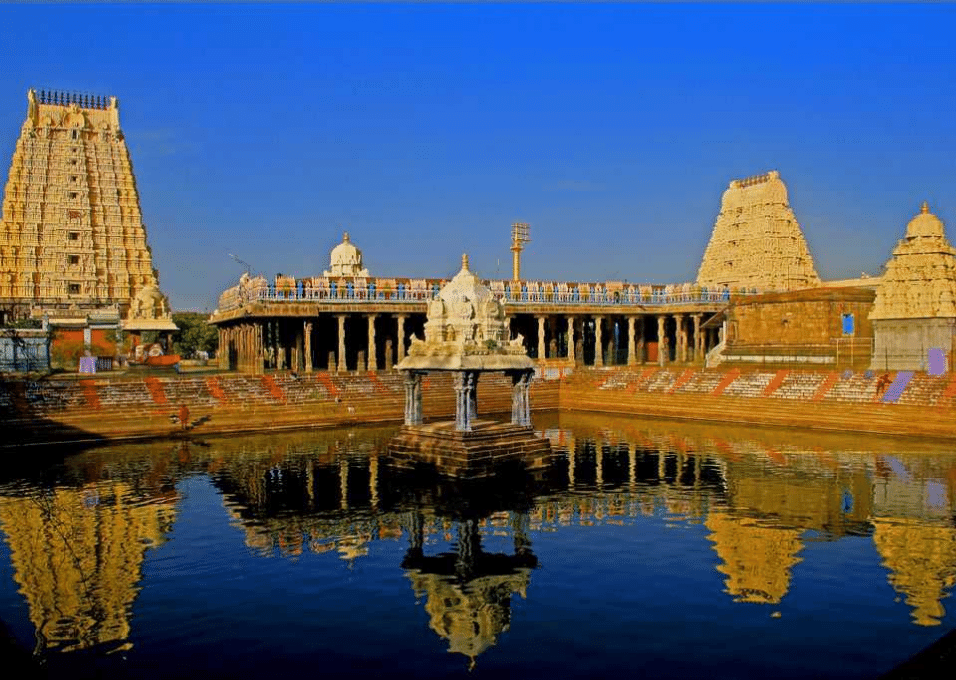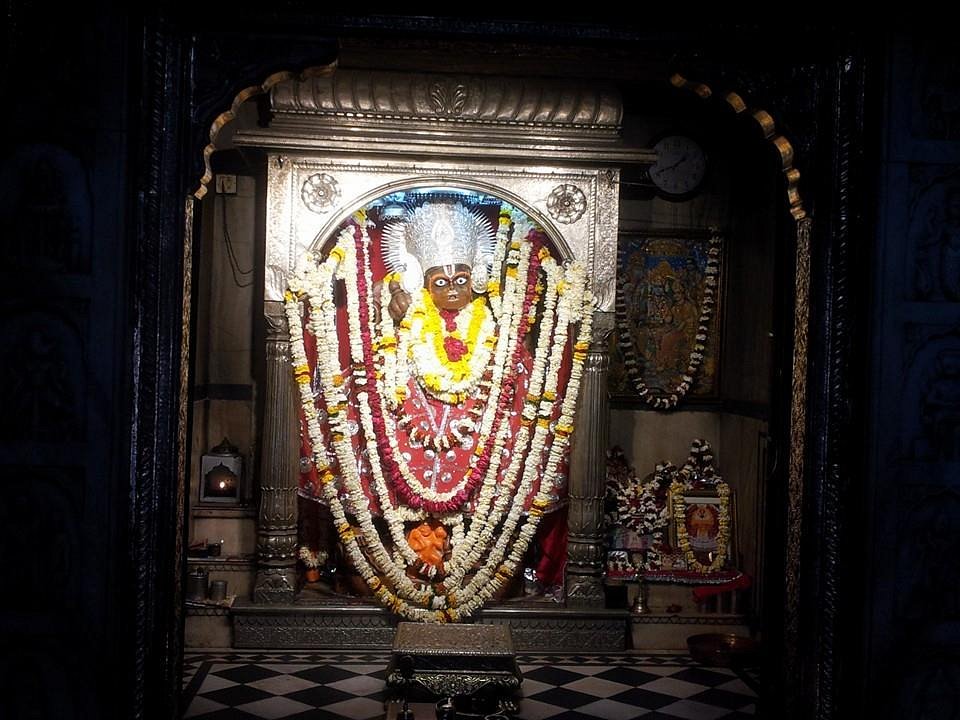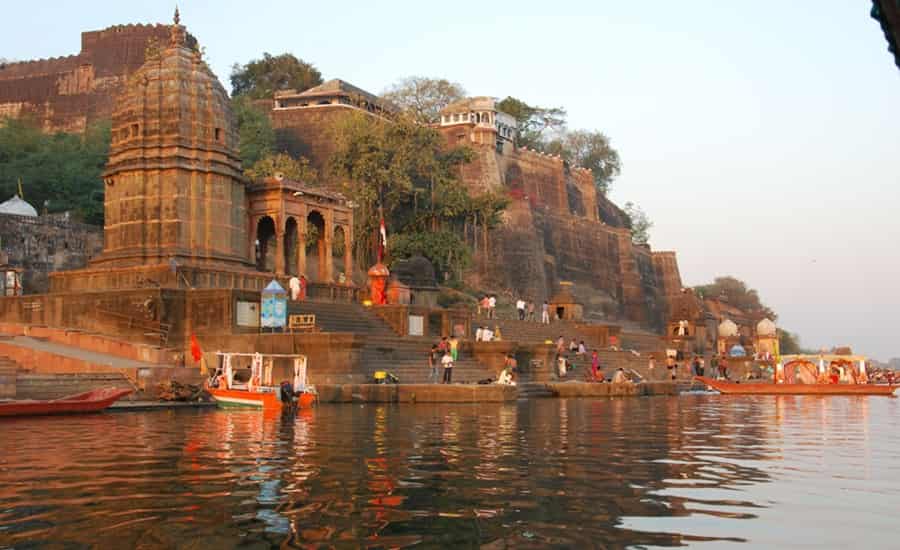Khandwa, a city nestled in the heart of Madhya Pradesh, India, is not only known for its historical significance but also for its rich cultural and religious heritage. The city is home to several temples that stand as architectural marvels and spiritual sanctuaries. In this article, we will delve into the best temples in Khandwa, each with its unique charm and historical significance. Additionally, we’ll address five frequently asked questions about these sacred places.
Kanchi Ghat Temple:

Situated on the banks of the holy Narmada River, Kanchi Ghat Temple is a serene haven for devotees seeking solace. The temple is dedicated to Lord Shiva and holds immense religious importance. The breathtaking view of the Narmada adds to the spiritual experience, making it a must-visit destination for both locals and tourists.
Nav Chandi Devi Temple:

This ancient temple, dedicated to Goddess Chandi, is a symbol of divine power and strength. The intricate architecture and vibrant surroundings make Nav Chandi Devi Temple a popular pilgrimage site. Devotees visit to seek blessings and witness the grandeur of the annual Navratri celebrations, during which the temple is adorned with lights and decorations.
Kala Hanuman Temple:

Known for its unique black idol of Lord Hanuman, Kala Hanuman Temple is a significant religious site in Khandwa. Devotees believe that praying here brings courage and strength. The temple’s peaceful ambiance and the spiritual vibrations make it a popular destination for those seeking a connection with the divine.
Omkareshwar Temple:

While technically located on the island of Mandhata in the Narmada River, Omkareshwar is just a short drive from Khandwa and is considered one of the holiest places in the region. The Omkareshwar Temple, dedicated to Lord Shiva, is a prominent pilgrimage site. The unique geometry of the temple and its spiritual significance draw devotees from far and wide.
Frequently Asked Questions
- What is the best time to visit these temples? The best time to visit the temples in Khandwa is during festivals and special occasions when the spiritual fervor is at its peak. Additionally, the winter months, from October to February, offer pleasant weather for exploring these sacred sites.
- Are there any rituals or ceremonies that tourists can participate in? Yes, many temples in Khandwa conduct daily rituals and ceremonies that tourists are welcome to witness. However, participation may be limited to specific religious events. It is advisable to check the temple schedule or inquire locally for any upcoming ceremonies.
- Is there an entry fee for these temples? Most temples in Khandwa do not charge an entry fee. However, some may request donations for maintenance and development purposes. It is recommended to contribute voluntarily to support the upkeep of these sacred places.
- Are there any restrictions for tourists inside the temples? While tourists are generally welcome in these temples, it’s essential to respect the religious customs and traditions. Dress modestly, remove footwear before entering the inner sanctum, and maintain a quiet and respectful demeanor. Photography may be restricted in certain areas, so it’s advisable to inquire beforehand.
- Are there nearby accommodations for tourists visiting these temples? Khandwa offers a range of accommodation options, including hotels and guesthouses, to suit various budgets. Some temples may also have guesthouses or dharamshalas for devotees and tourists. It is advisable to book accommodations in advance, especially during festivals or peak tourist seasons.
